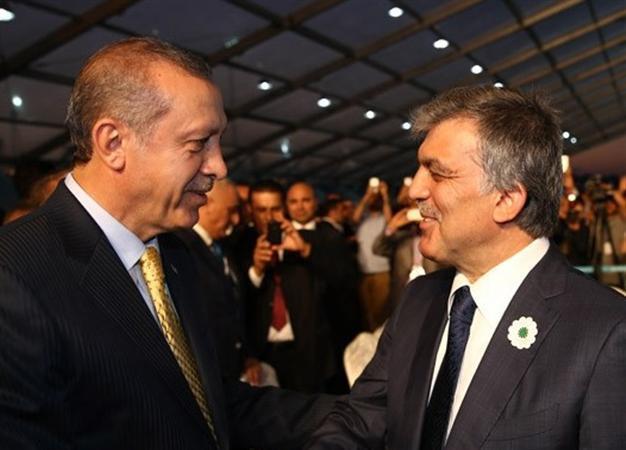Turkey's former president urges shift in foreign policy
ISTANBUL – Doğan News Agency

Cihan Photo
Former President Abdullah Gül has criticized Turkey’s foreign policy, saying the country needs to revise its Middle East policy by adopting a more realistic point of view.“Frankly speaking, I think we need to review our foreign policy toward the Middle East and the Arab world from a more realistic perspective,” Gül said on July 11 after an iftar dinner, the fast-breaking dinner for those who fast during the Muslim holy month of Ramadan, which was also attended by President Recep Tayyip Erdoğan.
Gül said Turkey needed to strengthen its relations with Middle Eastern and North African countries, from Egypt to Libya, and that Turkey should regain its status as a beacon of hope.
“While the [Israeli-]Palestinian conflict is yet to be solved and a long-lasting peace in the Middle East has not yet been reached, it is a great pain that Muslim countries are fighting each other. I believe, in this respect, that Turkey has to help out these countries,” he said.
Gül also said there were other occurrences in the Middle East and that Turkey would face unexpected ramifications in the event the environment in the region became even more chaotic.
“All goings-on in the Middle East are directly a concern for Turkey. Turkey, at this point, should be powerful inside. Turkish society should live in peace,” he said.
Gül, sharing the same table with Erdoğan along with his wife, Emine Erdoğan, at the iftar dinner held in Istanbul’s Yenikapı neighborhood, said the new climate in Turkey after the June 7 legislative elections where the Justice and Development Party (AKP) failed to win an overall majority for the first time since it came to power in 2002 should be utilized.
“With no reservations, democracy begets inclusiveness. There will necessarily be multiple voices. The point is to not lose multilateral respect between these differing voices... I can see there is a [political] environment that is more open to dialogue,” he added.
















